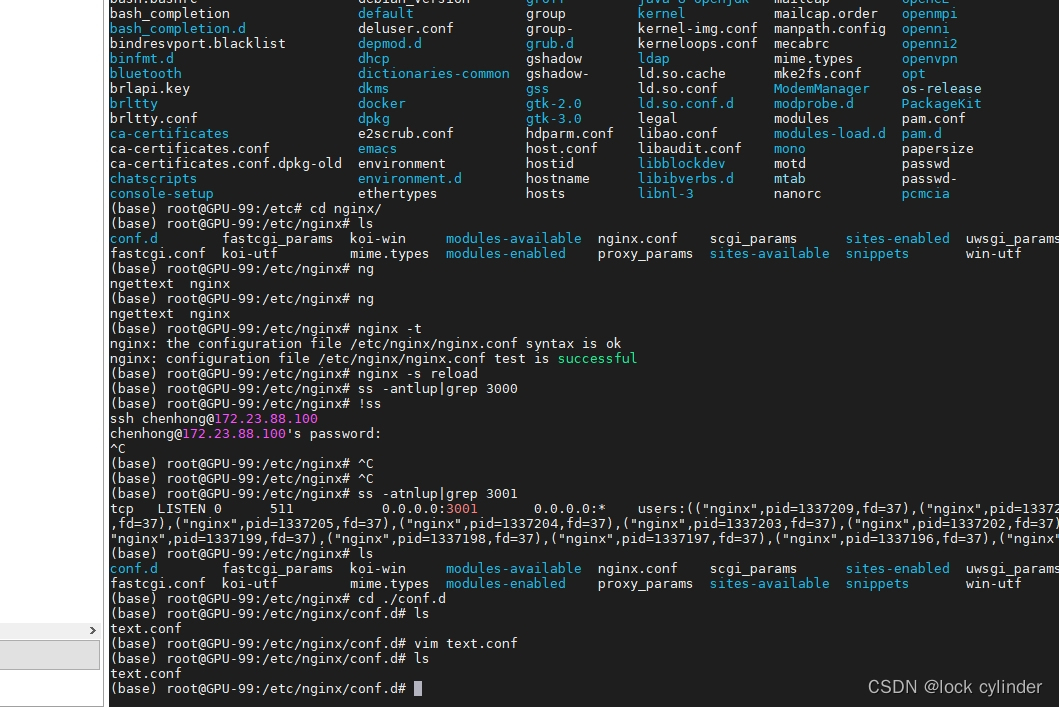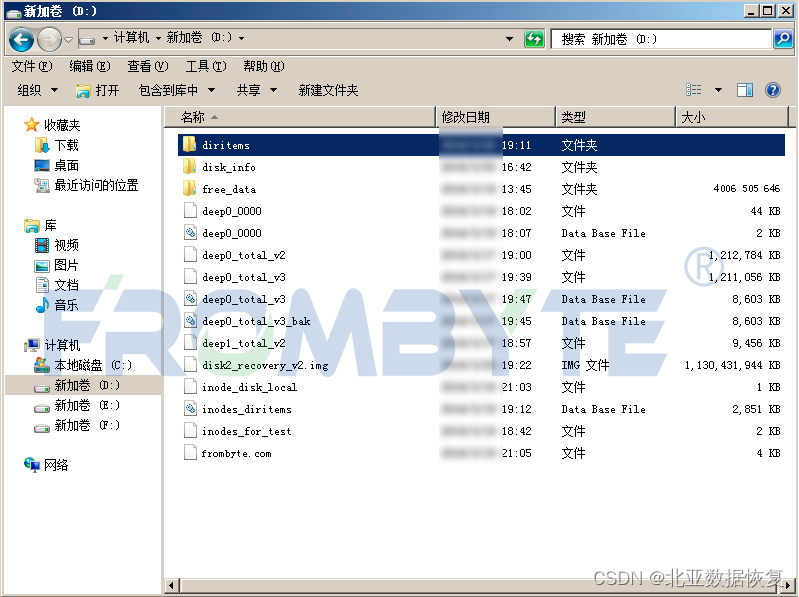Web上下文初始化
web上下文与SerlvetContext的生命周期应该是相同的,springmvc中的web上下文初始化是由ContextLoaderListener来启动的
在web.xml中配置ContextLoaderListener
org.springframework.web.context.ContextLoaderListener
contextConfigLocation
classpath:applicationContext.xml
ContextLoaderListener
ContextLoaderListener实现了ServletContextListener接口,ServletContextListener是Servlet定义的,提供了与Servlet生命周期结合的回调,contextInitialized方法和contextDestroyed方法;ContextLoaderListener继承了ContextLoader类,通过ContextLoader来完成实际的WebApplicationContext的初始化工作,并将WebApplicationContext存放至ServletContext中,ContextLoader就像是spring应用在web容器中的启动器
从spring3.x起就不需要配置监听器ContextLoaderListener,只需要配置DispatcherServlet就可以了,只是没有父容器了而已,只读取mvc配置文件。如果想要spring父容器时,才需要配置ContextLoaderListener
可参考文章 spring与springmvc整合
public class ContextLoaderListener extends ContextLoader implements ServletContextListener {
/**
* Initialize the root web application context.
*/
// ServletContext被创建时触发,初始化web上下文
@Override
public void contextInitialized(ServletContextEvent event) {
initWebApplicationContext(event.getServletContext());
}
/**
* Close the root web application context.
*/
// ServletContext被销毁时触发,关闭web上下文
@Override
public void contextDestroyed(ServletContextEvent event) {
closeWebApplicationContext(event.getServletContext());
ContextCleanupListener.cleanupAttributes(event.getServletContext());
}
}
在启动时会创建一个WebApplicationContext作为IOC容器,默认的实现类是XmlWebApplicationContext
/** Default config location for the root context */
// 默认的配置位置,如果不进行配置,就会读取这个文件
public static final String DEFAULT_CONFIG_LOCATION = "/WEB-INF/applicationContext.xml";
/** Default prefix for building a config location for a namespace */
// 配置文件默认在/WEB-INF/目录下
public static final String DEFAULT_CONFIG_LOCATION_PREFIX = "/WEB-INF/";
/** Default suffix for building a config location for a namespace */
// 配置文件默认后缀名是.xml
public static final String DEFAULT_CONFIG_LOCATION_SUFFIX = ".xml";
initWebApplicationContext初始化
public WebApplicationContext initWebApplicationContext(ServletContext servletContext) {
// WebApplicationContext.ROOT_WEB_APPLICATION_CONTEXT_ATTRIBUTE是WebApplicationContext.class.getName() + ".ROOT"
// 如果servletContext中已经存在根上下文属性,则说明已经有一个根上下文存在了
if (servletContext.getAttribute(WebApplicationContext.ROOT_WEB_APPLICATION_CONTEXT_ATTRIBUTE) != null) {
throw new IllegalStateException(
"Cannot initialize context because there is already a root application context present - " +
"check whether you have multiple ContextLoader* definitions in your web.xml!");
}
Log logger = LogFactory.getLog(ContextLoader.class);
servletContext.log("Initializing Spring root WebApplicationContext");
long startTime = System.currentTimeMillis();
try {
// Store context in local instance variable, to guarantee that
// it is available on ServletContext shutdown.
if (this.context == null) {
// 初始化context
this.context = createWebApplicationContext(servletContext);
}
if (this.context instanceof ConfigurableWebApplicationContext) {
ConfigurableWebApplicationContext cwac = (ConfigurableWebApplicationContext) this.context;
if (!cwac.isActive()) {
// The context has not yet been refreshed -> provide services such as
// setting the parent context, setting the application context id, etc
if (cwac.getParent() == null) {
// The context instance was injected without an explicit parent ->
// determine parent for root web application context, if any.
ApplicationContext parent = loadParentContext(servletContext);
cwac.setParent(parent);
}
configureAndRefreshWebApplicationContext(cwac, servletContext);
}
}
// 记录在servletContext中
servletContext.setAttribute(WebApplicationContext.ROOT_WEB_APPLICATION_CONTEXT_ATTRIBUTE, this.context);
ClassLoader ccl = Thread.currentThread().getContextClassLoader();
if (ccl == ContextLoader.class.getClassLoader()) {
currentContext = this.context;
}
else if (ccl != null) {
currentContextPerThread.put(ccl, this.context);
}
return this.context;
}
catch (RuntimeException ex) {
logger.error("Context initialization failed", ex);
servletContext.setAttribute(WebApplicationContext.ROOT_WEB_APPLICATION_CONTEXT_ATTRIBUTE, ex);
throw ex;
}
catch (Error err) {
logger.error("Context initialization failed", err);
servletContext.setAttribute(WebApplicationContext.ROOT_WEB_APPLICATION_CONTEXT_ATTRIBUTE, err);
throw err;
}
}
创建WebApplicationContext上下文
protected WebApplicationContext createWebApplicationContext(ServletContext sc) {
// 如果在web.xml中有配置contextClass,则使用配置的类
// 如果没有配置,则使用默认的配置 ContextLoader.properties
// org.springframework.web.context.WebApplicationContext=org.springframework.web.context.support.XmlWebApplicationContext
Class contextClass = determineContextClass(sc);
if (!ConfigurableWebApplicationContext.class.isAssignableFrom(contextClass)) {
throw new ApplicationContextException("Custom context class [" + contextClass.getName() +
"] is not of type [" + ConfigurableWebApplicationContext.class.getName() + "]");
}
return (ConfigurableWebApplicationContext) BeanUtils.instantiateClass(contextClass);
}
servlet3.0规范
servlet3.0后支持不使用web.xml的方式配置。
在spring-web中services下配置有javax.servlet.ServletContainerInitializer文件,其内容为org.springframework.web.SpringServletContainerInitializer,找到该类发现Servlet容器(例如tomcat)启动时,会将SPI注册的Java EE接口ServletContainerInitializer的所有的实现类(例如,SpringServletContainerInitializer)挨个回调其onStartup方法。
而onStartup方法是需要参数的,这时@HandlesTypes就派上用场了。onStartup方法所需要的参数就通过@HandlesTypes注解传入
@HandlesTypes(WebApplicationInitializer.class)
public class SpringServletContainerInitializer implements ServletContainerInitializer
该类会调用所有WebApplicationInitializer的onStartup方法
for (WebApplicationInitializer initializer : initializers) {
initializer.onStartup(servletContext);
}
找到WebApplicationInitializer的子类AbstractAnnotationConfigDispatcherServletInitializer,我们需要继承AbstractAnnotationConfigDispatcherServletInitializer实现其三个抽象方法
public class MyWebAppInitializer extends AbstractAnnotationConfigDispatcherServletInitializer {
/*
* 获取根容器的配置类,该配置类就类似于我们以前经常写的Spring的配置文件,然后创建出一个父容器
* 带有@Configuration注解的类用来配置ContextLoaderListener
*/
@Override
protected Class[] getRootConfigClasses() {
// TODO Auto-generated method stub
return null;
}
/*
* 获取web容器的配置类,该配置类就类似于我们以前经常写的Spring MVC的配置文件,然后创建出一个子容器
* 带有@Configuration注解的类用来配置DispatcherServlet
*/
@Override
protected Class[] getServletConfigClasses() {
// TODO Auto-generated method stub
return null;
}
// 获取DispatcherServlet的映射信息
@Override
protected String[] getServletMappings() {
// TODO Auto-generated method stub
return new String[]{"/"};
}
}
这样我们就不需要配置web.xml配置文件了,其会同时创建DispatcherServlet和ContextLoaderListener
https://zhhll.icu/2020/框架/springmvc/底层剖析/0.Web上下文初始化/
本文由 mdnice 多平台发布



![[工业自动化-1]:PLC架构与工作原理](https://img-blog.csdnimg.cn/ce10a1471ed14382bc58364cf8bd5209.png)





还没有评论,来说两句吧...